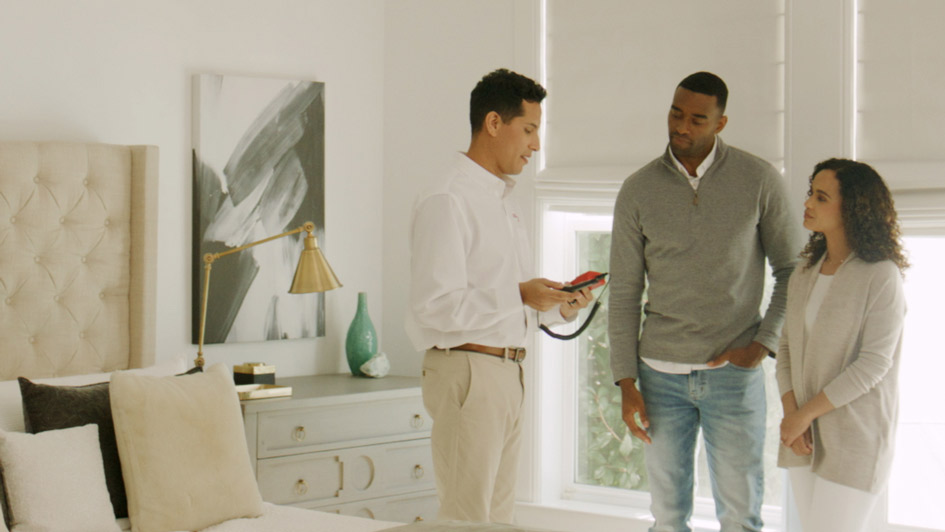
Even after temperatures are ideal indoors, some homeowners notice their sense of comfort doesn’t quite feel satisfactory. The usual issue is poor indoor air quality, with allergens and airborne debris causing various issues. From exacerbating asthma to promoting mold, fighting for high air quality should be considered an important part of your overall HVAC plan.
Fortunately, homeowners have a solution within reach. Whole-house air purifiers can clear these troublesome particles, providing better health and well-being. And as the name suggests, they’re powerful enough to do so for every part of your home! Air purifier installation from J.L. Brady Company LLC could be just what you need to iron out those frustrating comfort problems.
But wait, aren’t there portable air purifiers you can use instead? Even though the principle is similar Is the Smarter Choice
Cost can be a thorny obstacle, and some people regard the cost of a portable air purifier as a key plus. But if your ultimate goal is optimal air quality all year long, the effectiveness of whole-house air purification becomes undeniable:
- A single system ensures clean air throughout your home: You won’t have to carry a portable purifier around from room to room since whole-house models are powerful enough to remove pollutants across your entire home.
- Significantly more efficient in the long run: Rather than having to invest in several purifiers for each area, a single, whole-house air purification system maintains air quality for years and years. This kind of resilience also prevents dust and debris from reaching the rest of your HVAC system, which in turn can help with the efficiency of your heating and cooling.
- Reduced upkeep needs due to fewer filter clogs and lower pollution levels: A clog in the air filter is one of the most common reasons you see a drop in your HVAC system’s performance. A whole house air purifier can keep these filters from clogging to begin with thanks to their innovative design. For example, air purifiers with a HEPA filter give you access to top-notch filtration for residential properties.
For a Typical Household, Look for MERV Ratings Around 8
The Minimum Efficiency Rating Value (MERV) system was developed to help homeowners get a clearer idea of the degree of air filtration they’re working with. While a higher MERV rating means more filtration, that may not be something your average home requires.
The scale goes up to 20, but this would be excessive outside of specialized facilities like the surgery theater in a hospital. For a typical family’s use, a MERV rating of 8 is usually more than sufficient. The air quality experts at J.L. Brady Company LLC can help you figure out precisely which option will fully meet your needs.




